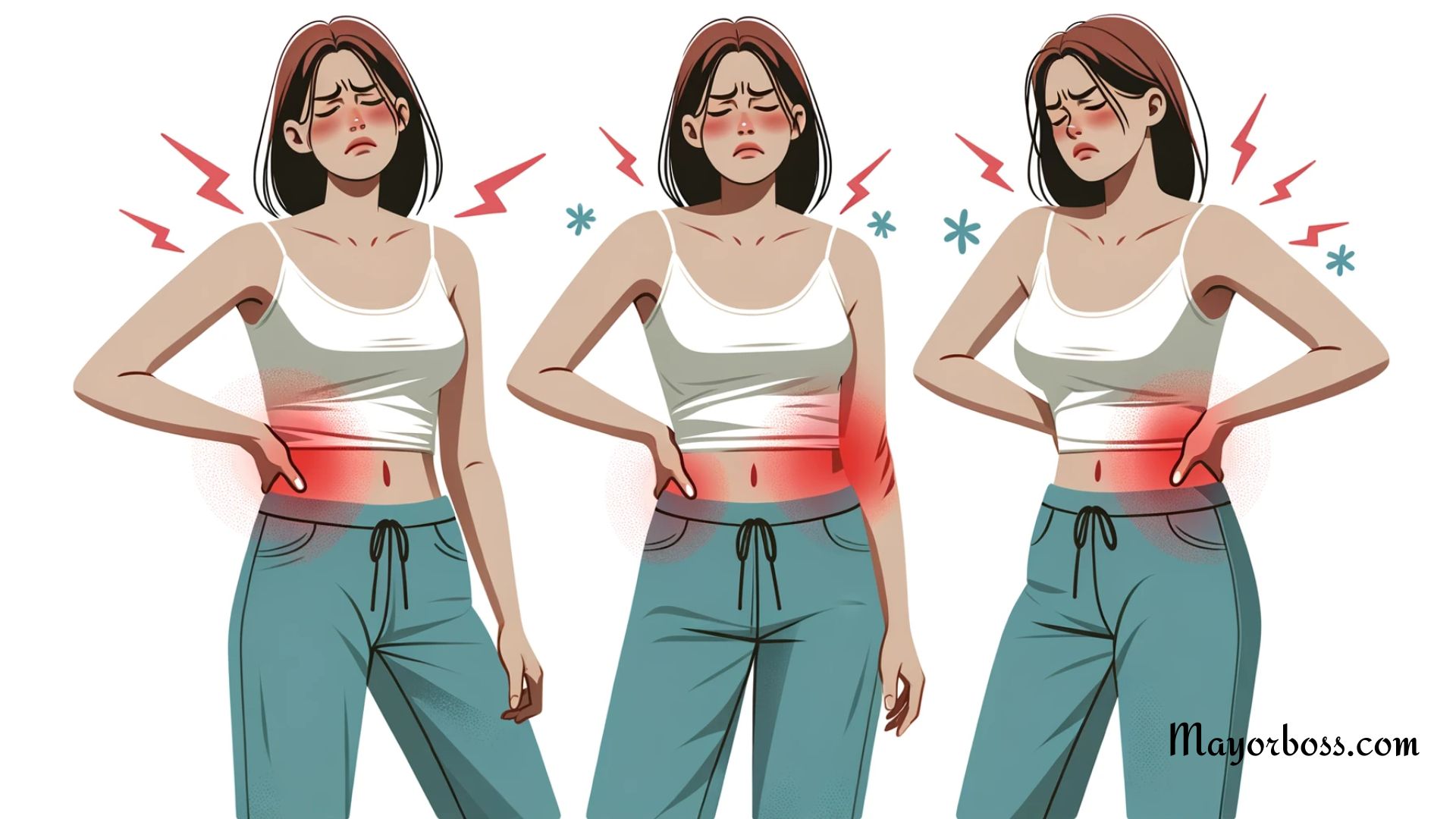What Actually Happens To Your Body When You Turn 30
Do you want to know what actually happens to your body when you turn 30? Turning 30 is often considered a significant milestone in one’s life. While you might be focusing on career advancements or life goals, your body is also going through some changes. You may notice shifts in metabolism, muscle mass, and even hormonal balances.

Here, we explore the subtle yet significant changes that occur in your body when you hit the big 3-0.
Metabolic Changes
Slowing Down of Metabolism
So you’ve noticed that keeping off those extra pounds isn’t as easy as it used to be? Well, it’s not your imagination. According to research, your metabolism starts to slow down by about 1-2% per decade after you turn 30. What this means is that your body won’t burn calories as efficiently as before.
Why This Happens
Your muscle mass starts to decrease, and fat begins to take its place. Since muscle burns more calories than fat, even at rest, a lower muscle mass means a slower metabolism.
Hormonal Shifts
Testosterone and Estrogen Levels
For men, after 30, testosterone levels may begin to decline, albeit gradually. Women may also experience changes in their hormone levels, particularly estrogen. These hormonal shifts can affect your mood, energy levels, and even libido.
Impact on Bone Density
The decline in hormones like estrogen is also linked to bone density. Lower levels can lead to weaker bones, making you more susceptible to conditions like osteoporosis as you age.
Changes in Muscle Mass
Gradual Loss
As you get older, you’ll likely find that building muscle becomes more challenging. Most people start losing muscle mass gradually after the age of 30. This fact makes it all the more critical to stay active.
The Importance of Exercise
Engaging in strength training exercises can help counteract this muscle loss. Doctors often recommend incorporating both cardio and strength training into your exercise routine.
Skin and Hair Changes
Appearance of Fine Lines
In your 30s, you may start to notice fine lines appearing, primarily due to decreased collagen production. Don’t panic; it’s a natural part of aging.
Hair Thinning
Hair thinning is another issue that people commonly start facing in their 30s. Experts say that hormonal changes often contribute to this.
Mental Health and Cognitive Changes
Mood Fluctuations
Some individuals report experiencing mood swings or feeling more anxious in their 30s. Hormonal changes play a role here, too, but lifestyle factors such as increased responsibilities can also be a factor.
Cognitive Skills
Put simply, while you may not be as quick at learning new skills, your expertise in areas you’ve already mastered can make up for this. Research indicates that ‘crystallized intelligence,’ or your ability to use skills, knowledge, and experience, actually improves with age.
Fertility Considerations
Women and Fertility
For women, fertility starts to decline in the late 20s and more significantly after 35. If you’re thinking of starting a family, this is an essential factor to consider.
Men and Fertility
Men also experience a decline in fertility after 30, although it is generally more gradual than in women. A drop in testosterone levels can contribute to this.
Summary of Changes
Turning 30 may come with its set of challenges, both physically and emotionally. From metabolic slowdowns to hormonal shifts, your body is certainly going through a transition. But don’t worry. With the right lifestyle adjustments, such as a balanced diet and regular exercise, you can navigate these changes successfully.
